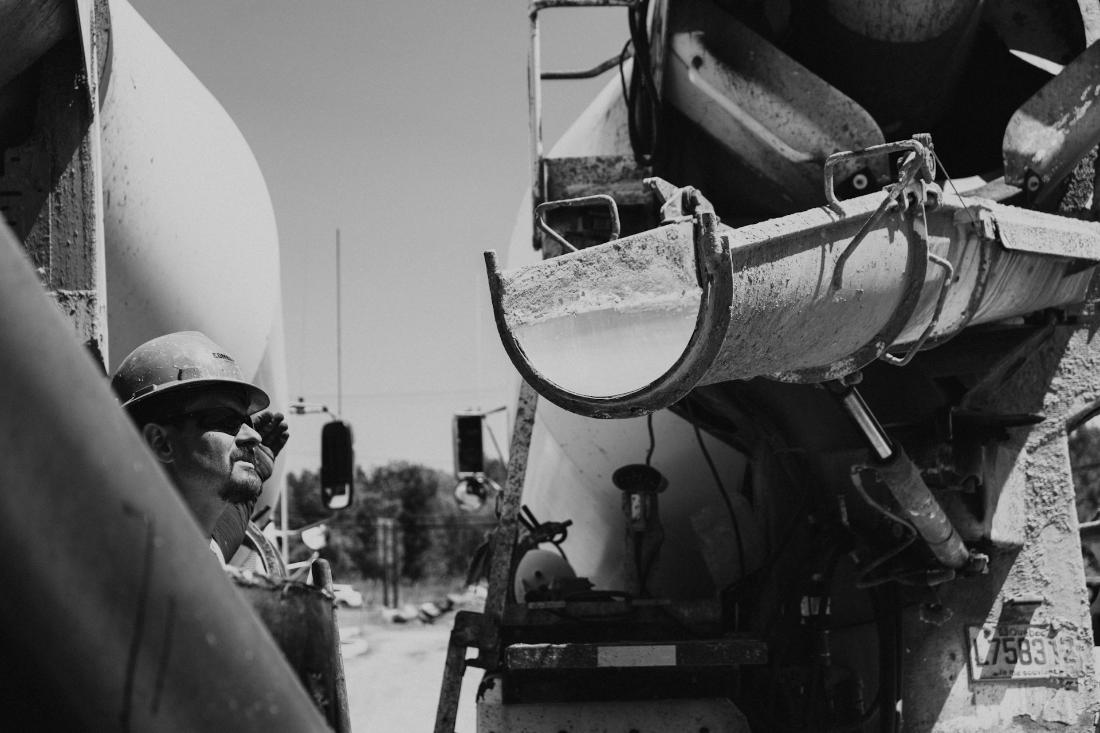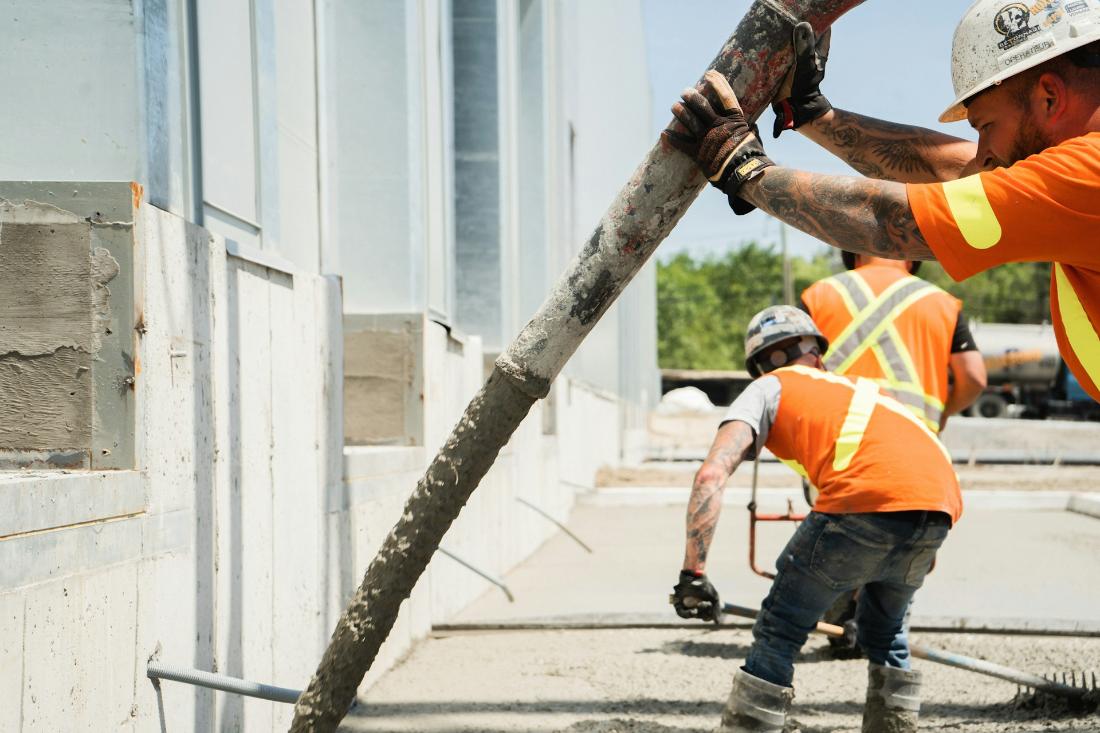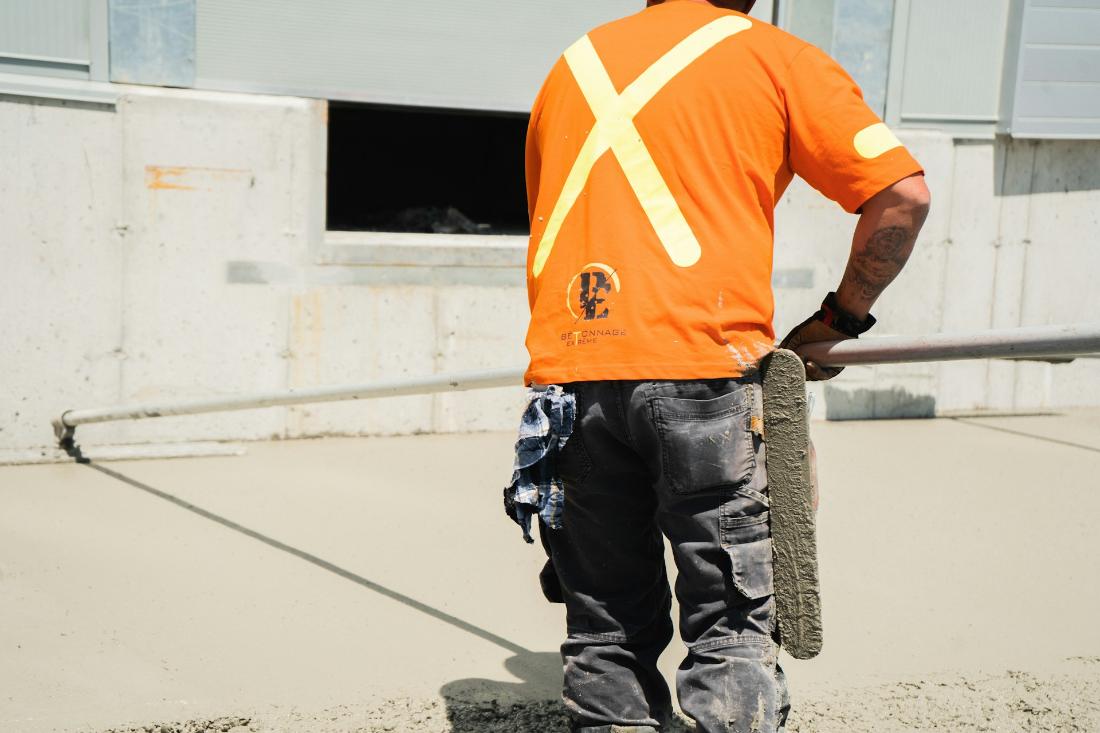Flat Floor Contractor in Malaysia: Your Complete Guide to Perfect Floors
Apr 16 2025
A perfectly level floor is the foundation of any well-built space—whether it's a modern condo, industrial warehouse, or retail showroom. In Malaysia's tropical climate, where humidity and ground movement can cause flooring issues, hiring a professional flat floor contractor is crucial for long-lasting results.
This comprehensive guide will help you:
? Understand different types of flat flooring systems
? Choose the right contractor for your project
? Compare material options and costs
? Navigate Malaysia's building standards
? Discover the latest flooring technologies
Why Proper Floor Leveling Matters
Imagine spending thousands on premium tiles, only to notice:
Uneven surfaces that cause tripping hazards
Cracks appearing within months
Doors that won't close properly due to floor warping
These are common problems when floor leveling isn't done correctly. Professional contractors prevent such issues by:
1. Precision Leveling
Using laser-guided equipment to achieve <3mm variance (Malaysian Standard MS 1184)
2. Material Expertise
Knowing which compounds work best for:
Humid conditions (epoxy moisture barriers)
Heavy traffic areas (industrial polyurethane)
Luxury finishes (self-leveling microcement)
3. Structural Assessment
Identifying and correcting:
Subfloor moisture issues
Concrete slab defects
Load-bearing requirements
Types of Flat Flooring Systems in Malaysia
1. Self-Leveling Compounds (SLC)
Best for: Residential & commercial spaces
Creates ultra-smooth surfaces for tiles/vinyl
Dries in 4-6 hours
Typical thickness: 2-10mm
Case Study: A KL condo avoided costly tile replacement by using SLC to correct 8mm unevenness before renovation
2. Power-Floated Concrete
Best for: Warehouses & factories
Mechanically polished for extreme durability
Withstands forklift traffic (up to 5,000 psi)
Cost: RM8-15/sqft
3. Epoxy Leveling Systems
Best for: Food processing plants & labs
Seamless, chemical-resistant surface
Can incorporate anti-slip aggregates
100% moisture-proof when properly installed
4. Topping Screeds
Best for: Structural repairs
Corrects major unevenness (up to 75mm)
Fiber-reinforced options prevent cracking
Requires 7-14 day curing
This comprehensive guide will help you:
? Understand different types of flat flooring systems
? Choose the right contractor for your project
? Compare material options and costs
? Navigate Malaysia's building standards
? Discover the latest flooring technologies
Why Proper Floor Leveling Matters
Imagine spending thousands on premium tiles, only to notice:
Uneven surfaces that cause tripping hazards
Cracks appearing within months
Doors that won't close properly due to floor warping
These are common problems when floor leveling isn't done correctly. Professional contractors prevent such issues by:
1. Precision Leveling
Using laser-guided equipment to achieve <3mm variance (Malaysian Standard MS 1184)
2. Material Expertise
Knowing which compounds work best for:
Humid conditions (epoxy moisture barriers)
Heavy traffic areas (industrial polyurethane)
Luxury finishes (self-leveling microcement)
3. Structural Assessment
Identifying and correcting:
Subfloor moisture issues
Concrete slab defects
Load-bearing requirements
Types of Flat Flooring Systems in Malaysia
1. Self-Leveling Compounds (SLC)
Best for: Residential & commercial spaces
Creates ultra-smooth surfaces for tiles/vinyl
Dries in 4-6 hours
Typical thickness: 2-10mm
Case Study: A KL condo avoided costly tile replacement by using SLC to correct 8mm unevenness before renovation
2. Power-Floated Concrete
Best for: Warehouses & factories
Mechanically polished for extreme durability
Withstands forklift traffic (up to 5,000 psi)
Cost: RM8-15/sqft
3. Epoxy Leveling Systems
Best for: Food processing plants & labs
Seamless, chemical-resistant surface
Can incorporate anti-slip aggregates
100% moisture-proof when properly installed
4. Topping Screeds
Best for: Structural repairs
Corrects major unevenness (up to 75mm)
Fiber-reinforced options prevent cracking
Requires 7-14 day curing
Choosing Your Contractor: 5 Key Factors
1. Certification & Insurance
Verify CIDB registration (minimum G3 for flooring)
Check for liability insurance (minimum RM500k coverage)
2. Technical Capabilities
Essential equipment should include:
? Laser leveling instruments
? Planetary grinders (for concrete prep)
? Moisture testing meters
3. Material Partnerships
Reputable contractors work with:
Mapei
Sika
Ardex
4. Project Portfolio
Ask for:
Before/after photos of similar projects
References from past clients
Examples of problem-solving
5. Warranty Offerings
Industry-standard guarantees:
2 years for residential
1 year for commercial
1. Certification & Insurance
Verify CIDB registration (minimum G3 for flooring)
Check for liability insurance (minimum RM500k coverage)
2. Technical Capabilities
Essential equipment should include:
? Laser leveling instruments
? Planetary grinders (for concrete prep)
? Moisture testing meters
3. Material Partnerships
Reputable contractors work with:
Mapei
Sika
Ardex
4. Project Portfolio
Ask for:
Before/after photos of similar projects
References from past clients
Examples of problem-solving
5. Warranty Offerings
Industry-standard guarantees:
2 years for residential
1 year for commercial
Cost Breakdown (2024 Prices)
Service Price Range (RM/sqft) Key Variables
Basic SLC 3.50-6.00 Thickness, prep work needed
Power Floating 8.00-15.00 Concrete grade, area size
Epoxy Leveling 12.00-25.00 System type, anti-slip needs
Structural Screed 6.50-10.00 Depth, reinforcement required
Note: Prices higher for small areas (<500 sqft)
Malaysian Building Standards
Critical Regulations:
MS 1184: Floor flatness tolerances
JKR Standard 20800: Concrete flooring
DOSH requirements for industrial floors
Common Compliance Issues:
Inadequate vapor barriers (causes adhesive failure)
Insufficient expansion joints
Improper slope for drainage
Emerging Trends
1. Rapid-Cure Systems
2-hour walkable compounds for retail renovations
2. Conductive Flooring
For data centers & laboratories
3. Eco-Friendly Options
Low-VOC levelers
Recycled content screeds
Red Flags to Avoid
?? Contractors who:
Don't perform moisture tests
Offer suspiciously low quotes
Can't explain their leveling method
Rush the curing process
The Smart Customer's Checklist
Get 3 detailed quotes
Verify at least 2 past project sites
Insist on written warranty
Plan for 10-15% contingency
Pro Tip: Schedule flooring work during dry season (Feb-Sept) for optimal curing
Service Price Range (RM/sqft) Key Variables
Basic SLC 3.50-6.00 Thickness, prep work needed
Power Floating 8.00-15.00 Concrete grade, area size
Epoxy Leveling 12.00-25.00 System type, anti-slip needs
Structural Screed 6.50-10.00 Depth, reinforcement required
Note: Prices higher for small areas (<500 sqft)
Malaysian Building Standards
Critical Regulations:
MS 1184: Floor flatness tolerances
JKR Standard 20800: Concrete flooring
DOSH requirements for industrial floors
Common Compliance Issues:
Inadequate vapor barriers (causes adhesive failure)
Insufficient expansion joints
Improper slope for drainage
Emerging Trends
1. Rapid-Cure Systems
2-hour walkable compounds for retail renovations
2. Conductive Flooring
For data centers & laboratories
3. Eco-Friendly Options
Low-VOC levelers
Recycled content screeds
Red Flags to Avoid
?? Contractors who:
Don't perform moisture tests
Offer suspiciously low quotes
Can't explain their leveling method
Rush the curing process
The Smart Customer's Checklist
Get 3 detailed quotes
Verify at least 2 past project sites
Insist on written warranty
Plan for 10-15% contingency
Pro Tip: Schedule flooring work during dry season (Feb-Sept) for optimal curing


